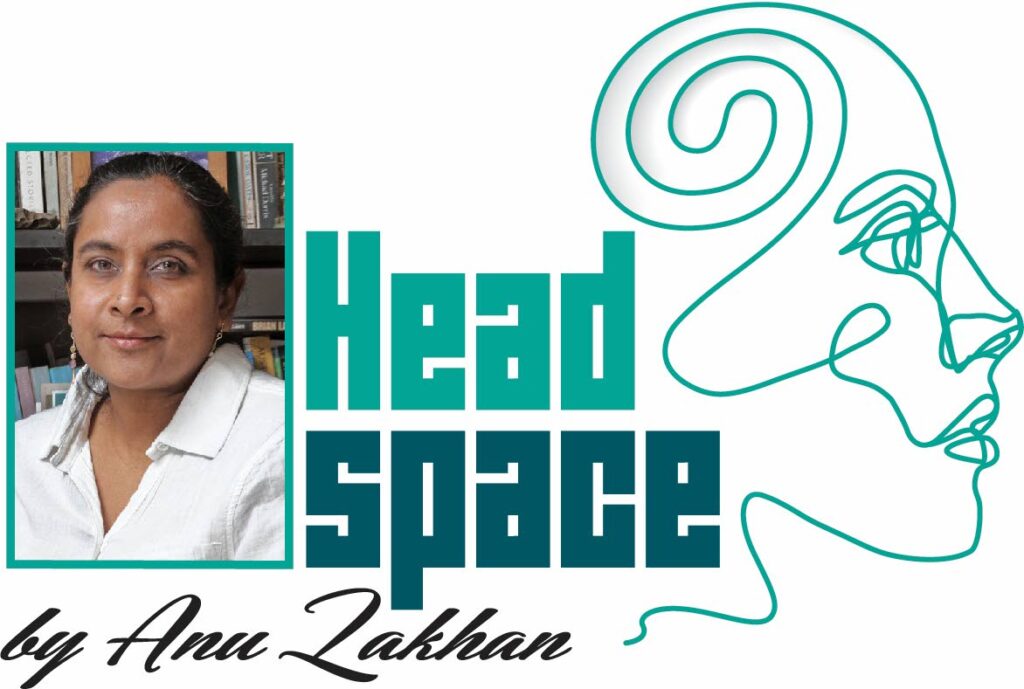Play’s the thing

I recently discovered that the thing I most want to do with my time is toss bean bags into a box. The box is wedge-shaped and there are holes cut into it, numbered 1, 2 and 3. The bags are just the right weight for throwing: somewhere between a tennis ball and a cricket ball.
I don’t have to do anything complicated with them, just get the bags into the holes. I stand eight feet away. Then ten. Then more.
No one is safe. Everyone who walks past me is pressed into joining the game. People start avoiding me. I don’t care. I’m completely addicted.
This comes as no small surprise.
I like to collect rocks. I enjoy experimental cooking (sometimes known as “things that didn’t work out”), and experimental eating (sometimes known as “restaurants that didn’t work out”). My Scrabble is appalling but that doesn’t stop me. I like untangling string and knotted necklaces.
Given the sedentary nature of most of the things I enjoy, I’m taken aback by my impassioned delight with the bag toss. This is, at most, mild physicality. I’m not doing hurdles or ballet. The thing with the bag toss is, I suddenly realise I’m playing. And how often do I do that?
According to studies on the importance of play in our lives – for adults as well as children – even the arguably dull things on my fun list can be considered play. I’m not doing them for material gain or fame, but somewhere along the way I think I stopped seeing them as fun. And fun is the defining characteristic of play.
While adulting, we tend to forget to make time for fun. For play. If we are part of a Friday-evening football team, we tell ourselves it’s for exercise or to destress. If we join a book club, we want to think we’re doing something intellectually improving. We may enjoy these things, but we don’t do them simply for the joy of it.
At some point in this whole living business “fun” became superfluous and “joy” (bizarrely) took on some really serious connotations. Joy is for weddings, brand-new babies, graduations, promotions. We’re always hearing we should find joy in simple, everyday things, but I don’t know many (read “any”) people who do.
But I digress. I want to play bag toss. I want to play it with others, but I’m ok to play it by myself. Because, for reasons yet to be discerned, it’s the most fun thing I’ve done in years. And I love that I have no reason at all to do it.
Play and play-therapy are discussed and deployed for mental development, creativity, and stress release. According to the National Institute for Play (NIFP) in the US, play “generates optimism, seeks out novelty, makes perseverance fun, leads to mastery, gives the immune system a bounce and fosters empathy.”
And that’s great. Great for grown-ups and children. Great people trying to form stronger ties in their personal and professional relationships. Great for developing all sorts of interesting parts of your brain.Play is good for us – you got that.
But there is something else, I think. There is something – or there can be something – deeply loving about being able to romp, frolic, be silly or throw a ball around with someone. There is a surrendering of time and purpose. A little gift of your unguarded self. And you never know how much that might mean to someone.
When I have a panic attack, I can be laid low for minutes, hours or days. So, on the occasions when I can feel it coming – when it doesn’t jump out of nowhere and throw itself over me like a blanket of doom – I try to do something to stop it or at least tamp it down a bit.
Sometimes, if I can fall asleep, I can avoid it. Sometimes I need my medication. Sometimes my sister gets me to play Name, Animal, Place, Thing. All three can work, but only playing a low-impact word game makes me feel better as well as loved.
Ask not only what play can do for you; ask also what it can do for others and if they want you to come over with your frisbee.
You can turn so many things into play and, in doing so, get those endorphins flowing and get yourself feeling lighter.
Remember to talk to your doctor or therapist if you want to know more about what you read here. In many cases, there’s no single solution or diagnosis to a mental health concern. Many people suffer from more than one condition.


Comments
"Play’s the thing"